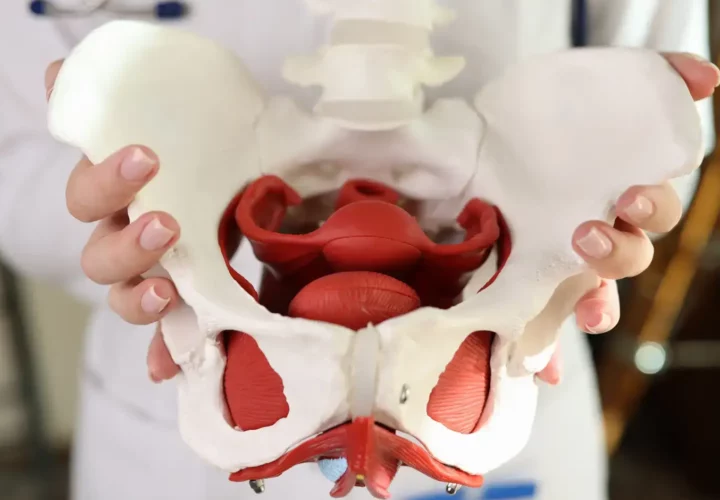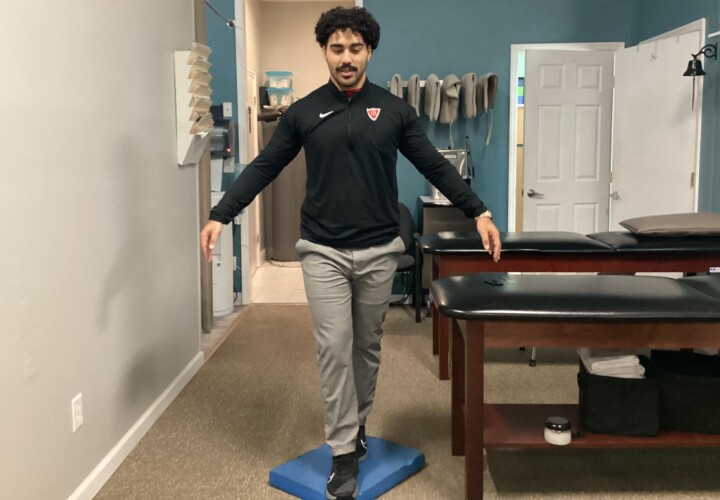Who are Caregivers?
Caregivers are people who provide care to other people with some degree of assistance. Assistance may include help with everyday tasks. This may occur on a regular basis and can be in a residential area or institution. Those receiving this assistance can range anywhere from children, adults with disabilities, or older adults. However, most of the time, these recipients have difficulty completing tasks and require extra help. There is a type of caregiver which is termed as “informal or unpaid care” by the CDC because care is usually provided by family or friends rather than paid caregivers.
Caregiving is a prominent public health issue that affects millions in the United States. Many times, they can be overburdened and not informed enough. Also, responsibilities can change depending on the status of the recipient of care. This may result in an additional strain on the caregiver. An important consideration when taking on the role of a caregiver is to know that you are not on your own. Many national, and local organizations offer networking and social groups for caregivers and recipients of care to build a pool of resources.
What is the impact? Public health concerns
Caregivers can be impacted negatively and positively when caring for someone.
Negative Aspects of Caregiving
Elevated levels of depression and anxiety
Worse self-reported health
Compromised immune system
Increased risk of early death
Socioeconomic difficulties
Positive Aspects of Caregiving
Sense of fulfillment
Establishment of extended social networks or groups associated with caregiving
Feeling needed and useful
Learning about one’s and others capabilities
Resources for Caregivers
The following are national organizations that provide resources and help for caregivers depending on the situation. You can find more information on their websites.
AARP’s Caregiving Resource Center
Alzheimer’s Association
Alzheimer’s Foundation
American Association of Caregiving Youth
ARCH (Access to Respite Care and Help) National Respite Network
Caregiver Support Services
Caring.com
Caring Bridge
E Care Diary
Eldercare locator
Family Caregiver Alliance
Home Instead Senior Care
- National Alliance of Caregiving
Lotsa Helping Hands
I’m a caregiver/medicare.gov
National Adult Day Services Association
National Association of Professional Geriatric Care Managers
Next Step in Care: Family Caregivers and Health Care Professionals Working Together
- National Family Caregiver Support Program
Well Spouse Association
Caregiver Burnout
As the care for the recipient changes, it can be easy to feel overwhelmed. As a result, caregivers may find themselves with less time to take care of themselves mentally, physically, and spiritually. Also, their focus is mainly around the recipient of care. It is normal to feel burnt out and does not make the caregiver a “bad” or “selfish” person.
If you (or someone you know) is a caregiver and are experiencing high levels of stress, anxiety, lack of sleep, increased outburst, feelings of being overwhelmed, please let the respective healthcare providers know. They can point you to resources to receive additional help for you and your loved one.
Frequent meditation and scheduling “me time” to do something you enjoy can help with feelings of stress and anxiety. Even as little as 20 minutes can make a difference.



